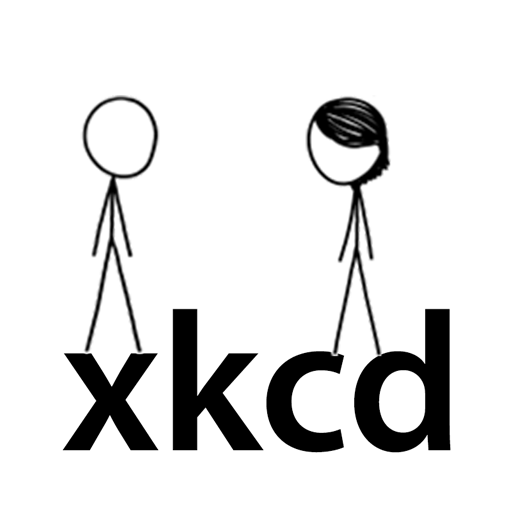

Currently my biggest complain with Jellyfin and the reason I can’t switch to it completely is the bad subtitle support. There’s a bunch of clients and some subtitles work on one, but not the other and vise versa. It’s annoying to jump clients depending on what you watch. Sometimes subtitles just don’t want to load by default and you have turn them on for each episode. And even though I have Bazaar, sometimes I still need to download subtitles, and Plex has that built-in.
Either way, I already have lifetime subscription, there’s no point in switching. At this point I’ll only switch if JF becomes better or Plex becomes worse.





Good thing I’m not in US.